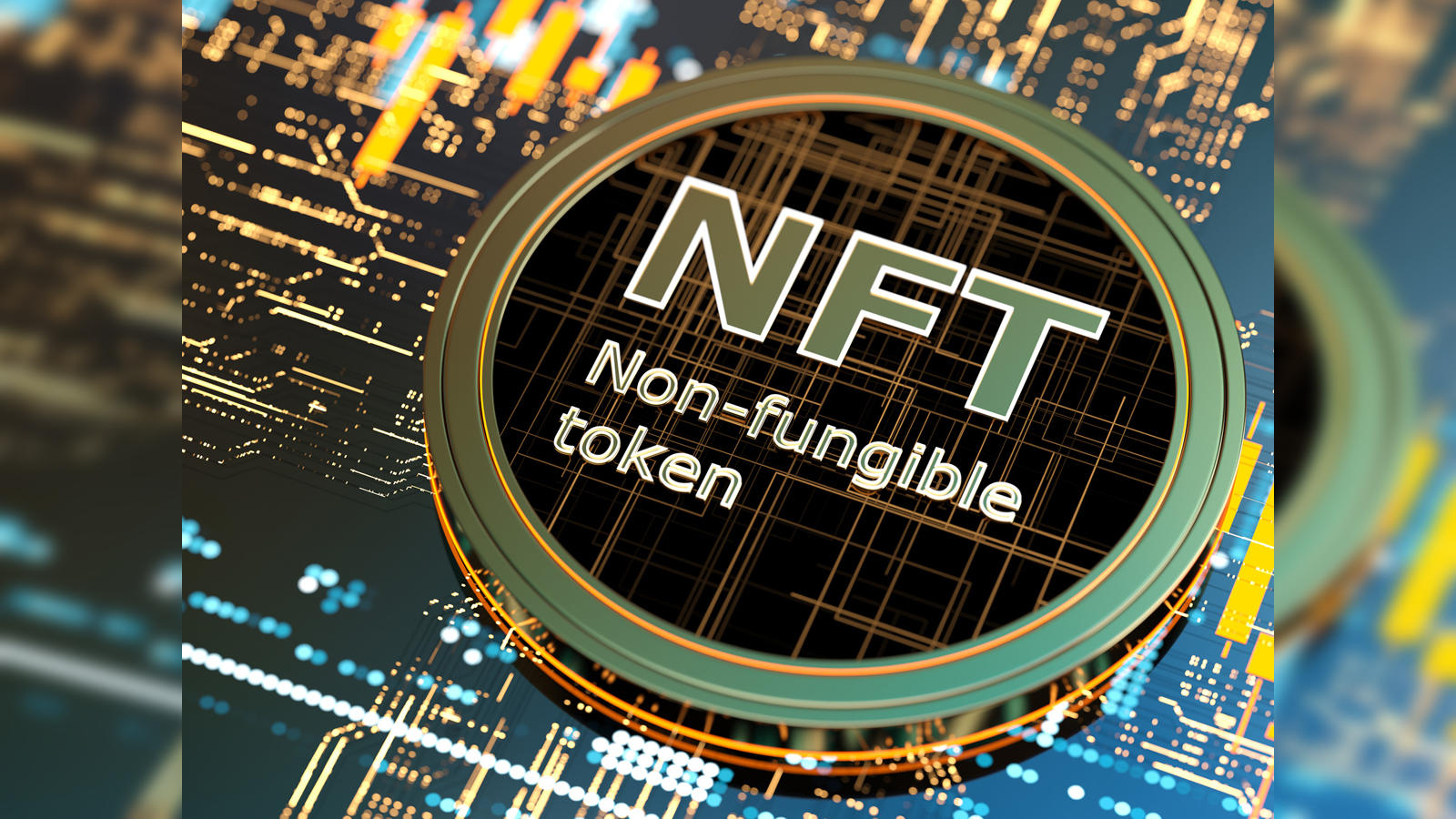Revolutionizing Legal Contracts: The Power of Blockchain

Unlocking Efficiency: The Role of Blockchain in Legal Contracts
Blockchain technology has been making waves across various industries, and the legal sector is no exception. The integration of blockchain in legal contracts brings forth a transformative approach, promising increased efficiency, security, and transparency.
The Foundations of Blockchain in Legal Contracts
At its core, blockchain is a decentralized and distributed ledger that records transactions across a network of computers. In the context of legal contracts, this technology serves as a secure and tamper-resistant repository for contractual agreements. Each block in the chain contains a timestamped record of a contract, creating an immutable history that enhances trust and reliability.
Enhanced Security and Immutability
Traditional contract management systems often face challenges related to data security and integrity. Blockchain addresses these concerns by employing cryptographic techniques to secure the data within each block. Once a contract is recorded, it becomes virtually impossible to alter or manipulate the information, ensuring the integrity of the contractual agreements over time.
Smart Contracts: Automating Legal Processes
One of the key innovations facilitated by blockchain in legal contracts is the introduction of smart contracts. These self-executing contracts are programmed with predefined rules, triggering automated actions when specific conditions are met. Smart contracts streamline routine legal processes, reducing the need for intermediaries and minimizing the chances of errors or disputes.
Transparency and Traceability
Transparency is a cornerstone of blockchain technology. In the realm of legal contracts, this transparency translates into increased visibility and traceability. All parties involved in a contract can access the same set of records, eliminating discrepancies and fostering a shared understanding of the agreement. This transparency contributes to a more collaborative and accountable contractual environment.
Streamlining Contractual Dispute Resolution
Disputes in traditional contracts can be time-consuming and costly. With blockchain, the transparent and auditable nature of the ledger simplifies the resolution process. All parties can refer to the unalterable record of the contract to clarify terms and resolve disputes efficiently, reducing legal costs and potential delays.
Regulatory Compliance and Auditing
Blockchain in legal contracts provides a robust framework for regulatory compliance. The decentralized nature of the technology ensures that all parties adhere to the agreed-upon terms, reducing the risk of non-compliance. Additionally, the transparent audit trail simplifies the auditing process, offering regulatory authorities a clear and accessible record of contractual activities.
Challenges and Considerations
While the potential benefits of blockchain in legal contracts are significant, it’s essential to acknowledge and address challenges. Issues such as standardization, scalability, and legal recognition of blockchain records require careful consideration. As the technology evolves, collaborative efforts are essential to establishing industry standards and overcoming these hurdles.
Integration into Existing Legal Frameworks
Adopting blockchain in legal contracts requires a thoughtful integration into existing legal frameworks. Jurisdictions around the world are exploring and adapting their legal systems to accommodate blockchain technology. Collaborations between legal experts, technologists, and regulatory bodies are crucial to ensure a seamless integration that aligns with legal standards.
Future Outlook: The Evolution of Legal Contracts
The adoption of blockchain in legal contracts represents a paradigm shift in the way agreements are made, executed, and managed. As the technology matures and gains wider acceptance, it has the potential to redefine the entire landscape of contract law, offering a more efficient, secure, and transparent future for legal agreements.
Embracing Innovation: Blockchain in Legal Contracts
In conclusion, the incorporation of blockchain technology into legal contracts signifies a transformative leap towards efficiency and security. Embracing innovation is key to staying ahead in the evolving legal landscape. To explore more about the role of blockchain in legal contracts, visit starmountainresources.com. Discover the future of legal agreements and pave the way for a more streamlined and trustworthy contractual environment.











